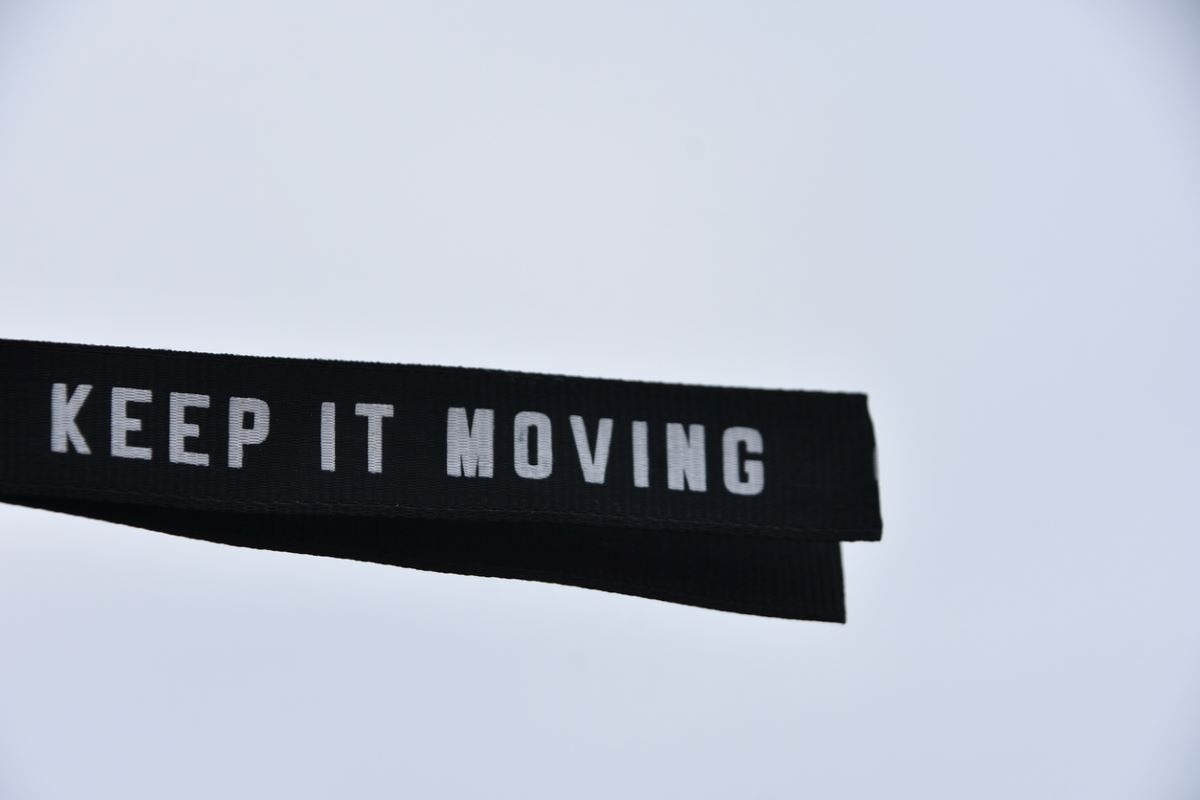9 team management tips to avoid holiday chaos
Here’s how to keep workflows moving while you’re OOO.

Companies are having a hard enough time right now recruiting and retaining enough workers to complete whatever needs to be done. How will they survive when you, the one who truly runs the show and keeps it all together, finally takes a few days off?
Holiday breaks can make workflows even murkier and threaten to shut down productivity altogether. Thankfully, that doesn’t have to be the case. Here are nine tips to keep all the trains running on time — even when you’re down to a skeleton crew.
1. Plan ahead like a teacher.
Teachers are always prepared for the unexpected, such as having a plan for the substitute teacher so that the classroom still runs smoothly in their absence. While this may sound like loads of extra work, the truth is, you only have to do this once, making occasional updates.
If you’re not in the educational field, here are some tips on how to go about this from Melisa Ferguson at Bored Teachers;
- A well-managed classroom allows the students to be so familiar with the routines and expectations that they can almost teach themselves. Your workplace should operate the same.
- Discuss your absence with your team so that they are aware of your expectations when you’re away.
- Ask your most reliable team members to step up and give support to others in your absence.
- Always have a Plan B. “Despite a teacher’s most meticulous planning, anything could go wrong in a K-12 classroom,” writes Ferguson. This can also happen in the workplace. Consider having backup assignments or whom to contact if there’s an emergency.
- Make sure that your team can access all relevant tools and resources without their own.
- After you return, ask your team to provide feedback on what you can do in the future to ensure success when you’re gone.
- Show your appreciation by verbally thanking your team or treating them to something like a pizza party after the holidays are over. Leftover turkey pizza, anyone?
2. Craft an out-of-office plan.
You may not have to do this if you’re only taking a day or two off. In any case, it’s better to err on the side of preparation and clarity. To do so, here are five tips courtesy of Rachel Bolsu from Namely:
- Come up with a coverage plan that outlines your daily responsibilities and who can take these over for you.
- Connect with your teammates, so that they know your expectations while you’re away.
- Be upfront with your communications. In other words, if you plan on completely disconnecting, let your team know.
- Even if they’re not in your coverage plan, your entire team should know when you won’t be at work.
- Set your automatic out-of-office email message to specify when you’ll be back in action.
3. Organize your team’s workflow.
Give each of your employees a specific list of actions to take during your absence. The key is that your directions are crystal clear.
In addition, make sure each team member realizes how their tasks fit into the broader goals you are aiming to achieve as a company or team. It’s a simple way to keep them focused and motivated on their responsibilities, regardless of your presence.
4. Define each task clearly.
Give instructions that go beyond simply stating: “do X.” If someone still isn’t clear, provide them with relevant examples.
You may also want them to repeat the instructions back to you to make sure that they truly understand what you’re asking them to do.
Also, it helps to have documents, files, or Wikis on hand that your colleagues can easily access if they run into a problem.
5. Assign specific due dates, and set task reminders.
Give your team hard deadlines, and also provide a way for them to measure their progress. This lets them know that they’re on the right path as they proceed.
6. Encourage your employees to document their accomplishments.
Even when you’re in the office, you still want your team to stay focused on their goals without pestering them. One way to accomplish this would be to have them prepare daily or weekly reports submitted to you — or another higher-up.
This doesn’t have to be extensive or a big deal. Just a simple Google Doc that outlines what they’ve done or accomplished or the milestones reached would suffice.
7. Consistently build trust.
As Stephen Covey says:
“Trust is the glue of life. It’s the most essential ingredient in effective communication. It’s the foundational principle that holds all relationships.”
If you’ve done all of the above, then you probably have built a culture of trust. As a result, you likely don’t need to worry about your team being productive when you’re not around. But how can you establish trust in the first place?
For starters, by allowing your team to work however and whenever they please, without fear of you looking over their shoulders, they’ll be engaged and motivated with their work. And they’ll certainly be prepared to handle the load without you for a few days.
8. Delay or delegate recurring tasks.
Whatever isn’t a top business priority should be delayed until your return. Or, for essential tasks, you can delegate them to someone else.
If you do hand off any of your obligations, try using the 6 C’s of delegation to ensure that it goes off without a hitch:
- Competence. Assign the right person for the specific job.
- Clarity. This alignment should include an understanding of “what does good look like,” a timeline, and “the method of measuring success.”
- Confidence. This is all about trusting your colleagues to get the job done.
- Commitment. Make sure they understand what’s expected of them so that they’ll commit to the assignment.
- Checkpoint. Set up regular checkpoints to monitor their progress.
- Continuity. It is crucial that both day-to-day tasks and repetitive processes have everything that needs to be done outlined for your team delegation to be consistent and effective.
9. Check in.
You don’t need to have your entire team hop on a Zoom call. I think that would be a little much, But you could get in touch with your assistant, business partner, or team member you put in charge to see how everything is going. Then, if there is an issue, at least they have your attention to be addressed ASAP.
John Rampton is the founder Calendar and Due.






